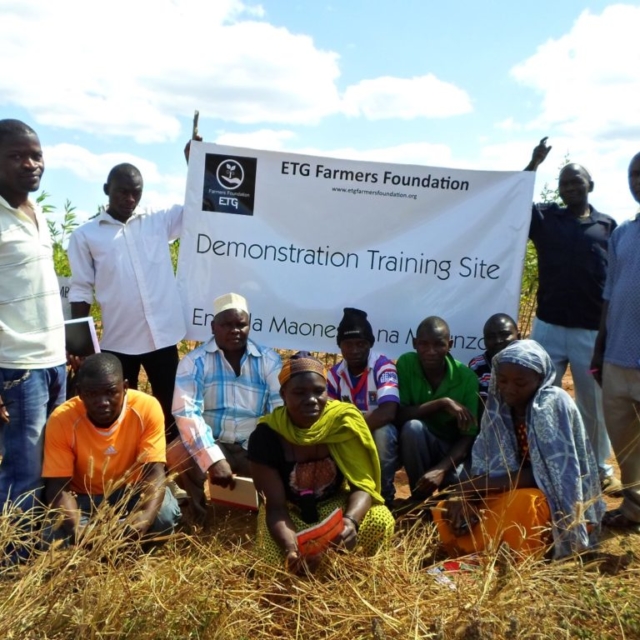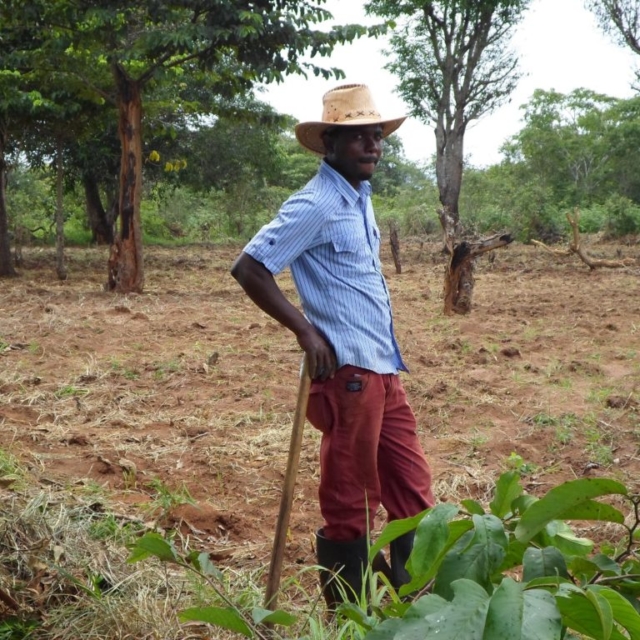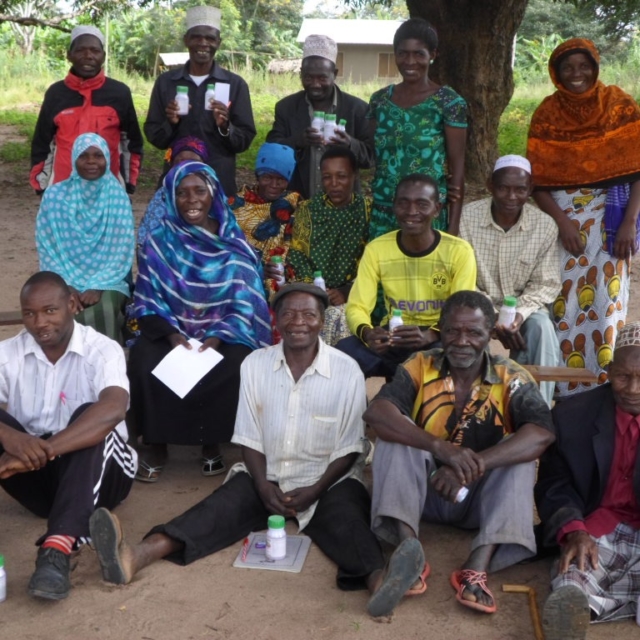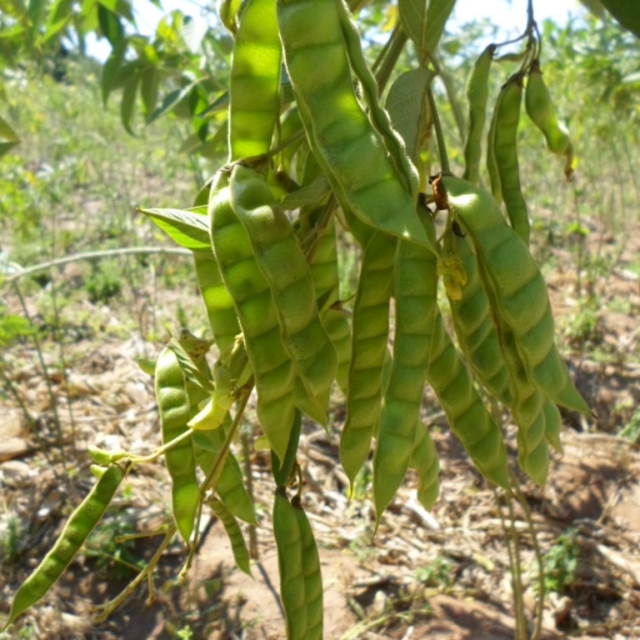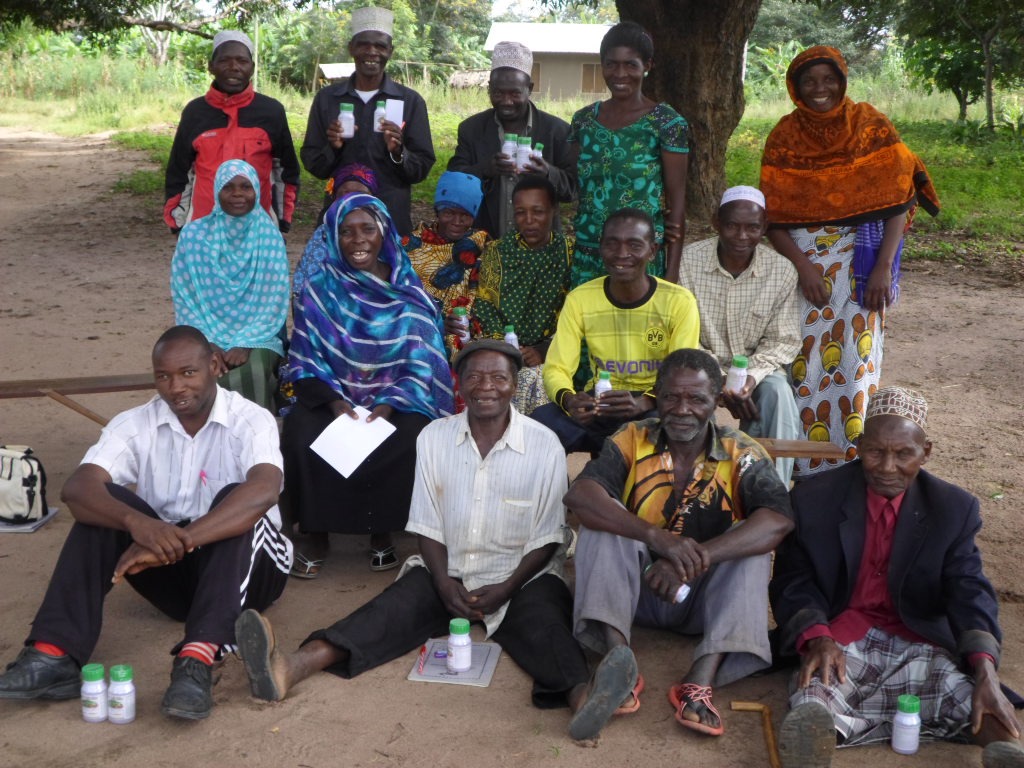
The LIMAS - Newala Productivity Project (NPP)
GOAL
To improve the income of 2,000 smallholder farmers in Newala District, Mtwara Region by introducing pulses (pigeon pea and common beans) and soybean
LOCATION
Chilangala ward, Newala District, Mtwara Region, Tanzania
DURATION-
2013
-
2019
FARMERS
2000 Farmers -7 Village Groups
VALUE CHAINS
Common Beans, Maize, Pigeon Pea, Soybean
PARTNERS
ETC Group (ETG), Naliendele Agricultural Research Institute (NARI), Lindi and Mtwara Agribusiness Support (LIMAS)
FUNDING
USD 116,000
The LIMAS - Newala Productivity Project (NPP)
The LIMAS - Newala Productivity Project (NPP), exemplifies the EFF’s dedication to reducing poverty in remote, sparse, and resource-constrained farming communities in Tanzania. In collaboration with Lindi and Mtwara Agribusiness Support (LIMAS), this initiative unfolded over six years in Chilangala ward, Newala District, Mtwara Region, impacting 2,000 farmers across seven villages.
The project sought to equip smallholder communities with the knowledge and skills needed for agricultural growth in the maize, and pulses and soybean value chains. Although many of these communities were already cultivating pigeon pea as a cash crop, they had limited access to inputs, markets, and essential agronomic knowledge to significantly improve their yields and income.
EFF's multifaceted approach, included the establishment of trial plots for training and research, aiming to identify the most suitable pigeon pea variety under varying conditions. Farmers were introduced to improved agronomic practices, and the impact of superior seeds on yield became evident through practical demonstrations. To further incentivise quality production, EFF introduced input finance and guaranteed prices. Recognising the importance of a holistic approach, EFF engaged with various stakeholders, including lead farmers, community leaders, farmer organisations, government warehousing staff, and buyers. This collaborative effort improved the aggregation process, tonnage estimates for buyers, logistics, and storage. Notably, EFF forged a partnership with TIGO, a mobile network operator, introducing a mobile payment system in Chilangala and Tanga farming communities.
By addressing knowledge gaps, facilitating access to inputs and markets, and embracing technological solutions, the project became a transformative force in the lives of 2,000 farmers, illustrating the potential of comprehensive agricultural interventions in uplifting communities.

